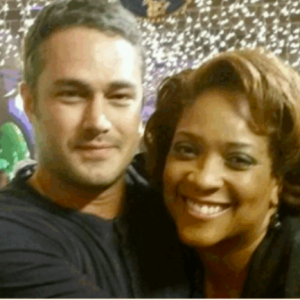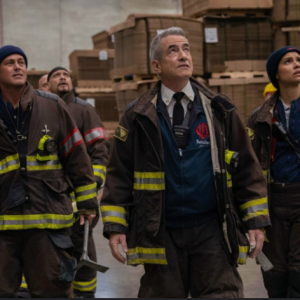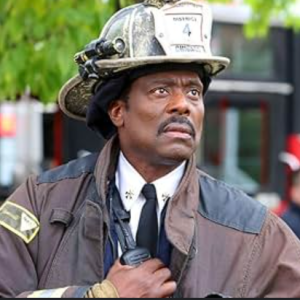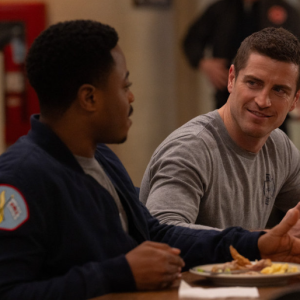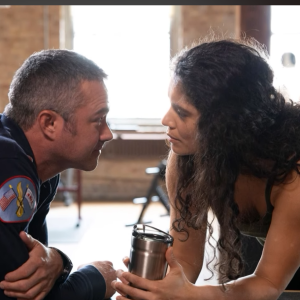After seven seasons in Chicago Fire, Darren Ritter reaches the end of his journey, but it will not close like a final full stop. Daniel Kyri – the actor who breathed life into the character – surprised audiences by announcing his departure after Season 13, leaving viewers with a deep sense of loss. For years, Ritter was more than just a firefighter at Firehouse 51; he was a steady presence, a man drawn with warmth, loyalty, and very human vulnerability. His return in Season 14, brief yet symbolic, becomes a final appointment with the firehouse that shaped him. Beneath this fleeting reappearance lies a deliberate intention: to craft a farewell that resonates, without feeling like an abrupt ending.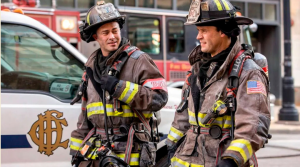
Ritter’s temporary comeback is designed not as a stunt, but as a carefully constructed narrative closure. The writers have chosen to use this short arc to tie loose ends, to revisit bonds forged across emergencies and quiet moments alike, and to ensure that his evolution as a character finds a natural conclusion. Within Firehouse 51, Ritter had become a figure of trust, someone who balanced courage with empathy. His exit, handled with this balance of respect and narrative logic, allows the audience to grieve the loss of a beloved character while accepting the changes that must inevitably come with time.
For Daniel Kyri, stepping away from the role carried as much weight as it did for the fans. On Instagram, he shared a heartfelt message of gratitude, calling his years on Chicago Fire an “incredible journey.” More than just a professional milestone, the role gave him a chance to embody a Black, openly gay firefighter – a portrayal that stood as both representation and inspiration. “You changed my life,” he wrote to the fans and the team, underscoring how much the experience meant to him personally and artistically. Ritter’s presence was never just about action sequences or fire rescues; it was about visibility, acceptance, and telling stories that mattered.
Ritter’s legacy lies in how he broadened the emotional and cultural canvas of the series. His bravery was never painted in broad strokes alone; it was tempered by self-doubt, vulnerability, and the courage to be authentic. Through him, the show addressed questions of identity and belonging in a mainstream procedural drama, weaving in conversations that rarely find their way into network primetime without sacrificing character depth. Ritter was not a token presence – he was a layered, empathetic man whose humanity resonated beyond the walls of Firehouse 51. That balance of strength and sensitivity made him unforgettable, and his absence will leave a noticeable gap in the team’s dynamic.
As Season 14 approaches, Chicago Fire must face the challenge of carrying on without one of its recent cornerstones. The energy, loyalty, and humor Ritter brought to every storyline will not be easy to replace, but the show has always thrived on change – on the constant reconfiguration of relationships under pressure. His departure is a turning point, yet also an opportunity for fresh dynamics, new challenges, and evolving emotional stakes. Ritter’s journey may be concluding, but the firehouse remains alive, pulsing with the intensity and drama that keep viewers returning week after week. In the end, the mark he leaves behind ensures that even as he steps away, Darren Ritter’s spirit will continue to burn within the story’s heart.
